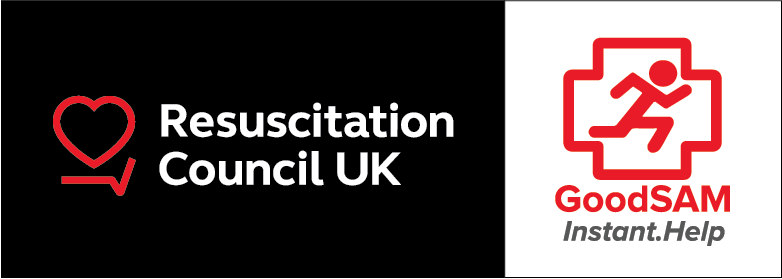
People in communities across the UK are being empowered to save lives in their local area, to help tackle the number of people dying from cardiac arrests.
The lifesaving equivalent of neighbourhood watch will offer free CPR training and defibrillation awareness to people living in towns, cities and rural areas, so they can sign up to be GoodSAM cardiac responders. They’ll be alerted via the Ambulance Service to local emergencies through their phone, attending cardiac arrests quickly and before the emergency services arrive.
In the UK around 73,000 people suffer an out of hospital cardiac arrest each year, that’s around 200 people every single day. Sadly the survival rate is less than 1 in 10, and survival falls by 10% for every minute a patient doesn’t receive CPR or defibrillation.
With 80% of out-of-hospital cardiac arrests happening at home and new research suggesting just half (51%) of people would feel confident in responding to a family member suffering a cardiac arrest, Resuscitation Council UK have teamed up with GoodSAM, a platform used to alert people to cardiac arrests in their area, to provide vital CPR training and defibrillator awareness to increase the numbers of people available to respond to the ultimate medical emergency.
The training will see members of the public learn essential lifesaving skills via Lifesaver, an interactive video game, created by tech partner UNIT9, which leads them through several scenarios, requiring them to make crucial decisions and learn the essentials to save a life. Once people have been trained through RCUK’s lifesaver course, they’ll be able to sign up to GoodSAM as a volunteer cardiac responder, under the lifesavers category, they’ll be notified of a cardiac arrest in their local community – via their phone.